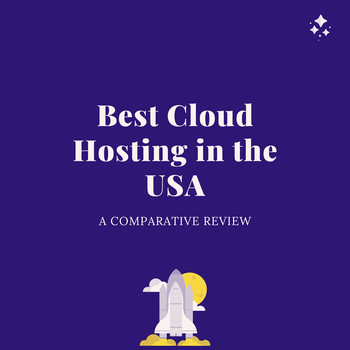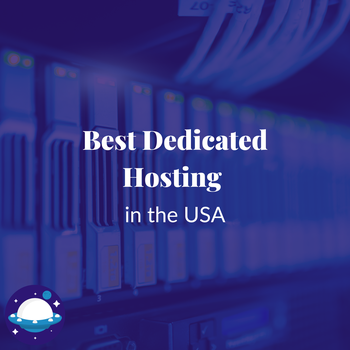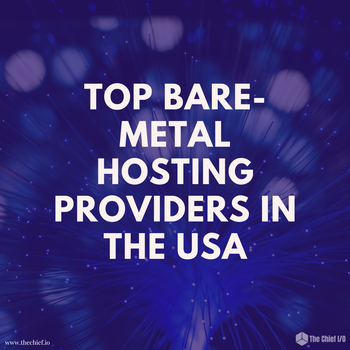Microsoft Pushes Cloud Computing to Space; Launches Azure Space
TL;DR
Microsoft recently announced the expansion of its cloud computing services to the space industry through Azure Space. Cloud computing data centers can now be deployed in any part of the world to connect to SES’ O3b internet satellites and SpaceX’s Starlink.

Key Facts
Azure Space is designed for Govt. agencies and private industries that want to use satellites' information, but do not want to invest in ground infrastructure.
Microsoft brought together renowned veterans of the space industry and their best engineers and scientists to cater to space cloud computing's unique needs.
Microsoft has partnered with SpaceX Starlink to provide high-speed broadband for the new Azure Modular Datacenter. The MDC is a contained unit that can operate offline using its own satellite network connectivity add-on.
Partnering with SES, Microsoft aims to extend connectivity between cloud edge devices and cloud datacenter regions.
Microsoft also announced the Azure Orbital Emulator, a digital environment for conducting satellite constellation simulations and test AI algorithms.
Details
Microsoft’s Azure Space offers cloud computing solutions both on earth as well as in space. With the new launch, Microsoft can now compete with AWS (Amazon Web Service) and Google Cloud. AWS currently holds $34.6 billion, the largest chunk of the cloud computing market. It supports everything from satellite design to spaceflight operations for both private and public organizations in the space sector.
The tech space race is intensifying, offering more investment opportunities in the cloud computing market. Space exploration technology is being mostly driven by private companies with just a few public companies like Aerojet Rocketdyne Holdings, Inc., and Virgin Galactic Holdings, Inc.
Azure Space can provide high-performance computing, data analytics, and machine learning. Coupled with resilient satellite communications, it opens up new opportunities in both the private and public sectors.
Microsoft aims to partner with more organizations in the space industry to bring Azure’s capabilities to solve mission-critical space needs. Keeping in line, the tech giant had recently announced Azure Orbital ground station service and ExpressRoute partnerships with SES, Intelsat, and ViaSat. These partnerships aim to bring valuable data from geosynchronous satellites directly into Azure.
Get similar news in your inbox weekly, for free
Share this news:
Latest stories
Best Cloud Hosting in the USA
This article explores five notable cloud hosting offers in the USA in a detailed way.
Best Dedicated Hosting in the USA
In this article, we explore 5 of the best dedicated hosting providers in the USA: …
The best tools for bare metal automation that people actually use
Bare metal automation turns slow, error-prone server installs into repeatable, API-driven workflows by combining provisioning, …
HIPAA and PCI DSS Hosting for SMBs: How to Choose the Right Provider
HIPAA protects patient data; PCI DSS protects payment data. Many small and mid-sized businesses now …
The Rise of GPUOps: Where Infrastructure Meets Thermodynamics
GPUs used to be a line item. Now they're the heartbeat of modern infrastructure.
Top Bare-Metal Hosting Providers in the USA
In a cloud-first world, certain workloads still require full control over hardware. High-performance computing, latency-sensitive …
Top 8 Cloud GPU Providers for AI and Machine Learning
As AI and machine learning workloads grow in complexity and scale, the need for powerful, …
How ManageEngine Applications Manager Can Help Overcome Challenges In Kubernetes Monitoring
We tested ManageEngine Applications Manager to monitor different Kubernetes clusters. This post shares our review …
AIOps with Site24x7: Maximizing Efficiency at an Affordable Cost
In this post we'll dive deep into integrating AIOps in your business suing Site24x7 to …
A Review of Zoho ManageEngine
Zoho Corp., formerly known as AdventNet Inc., has established itself as a major player in …












